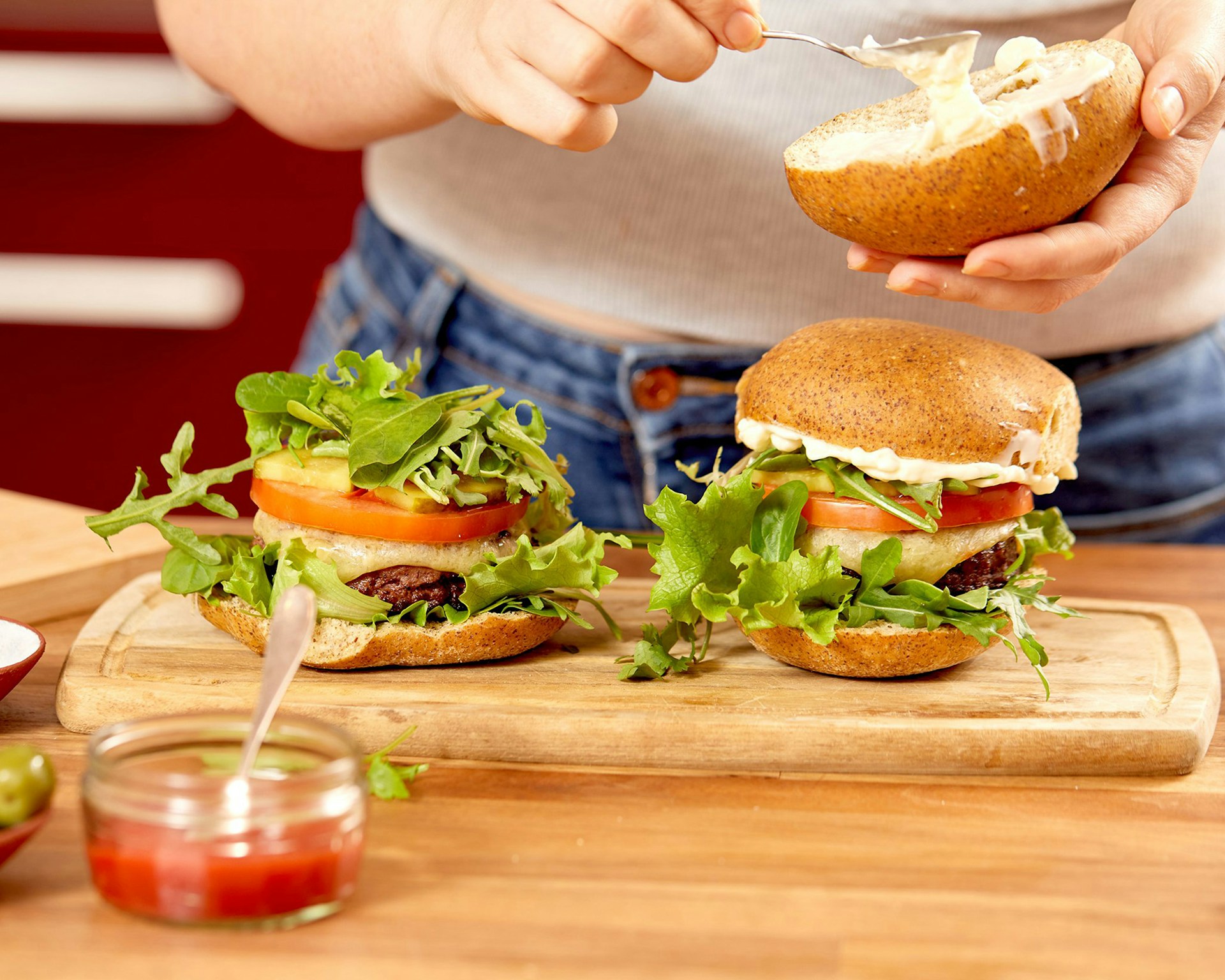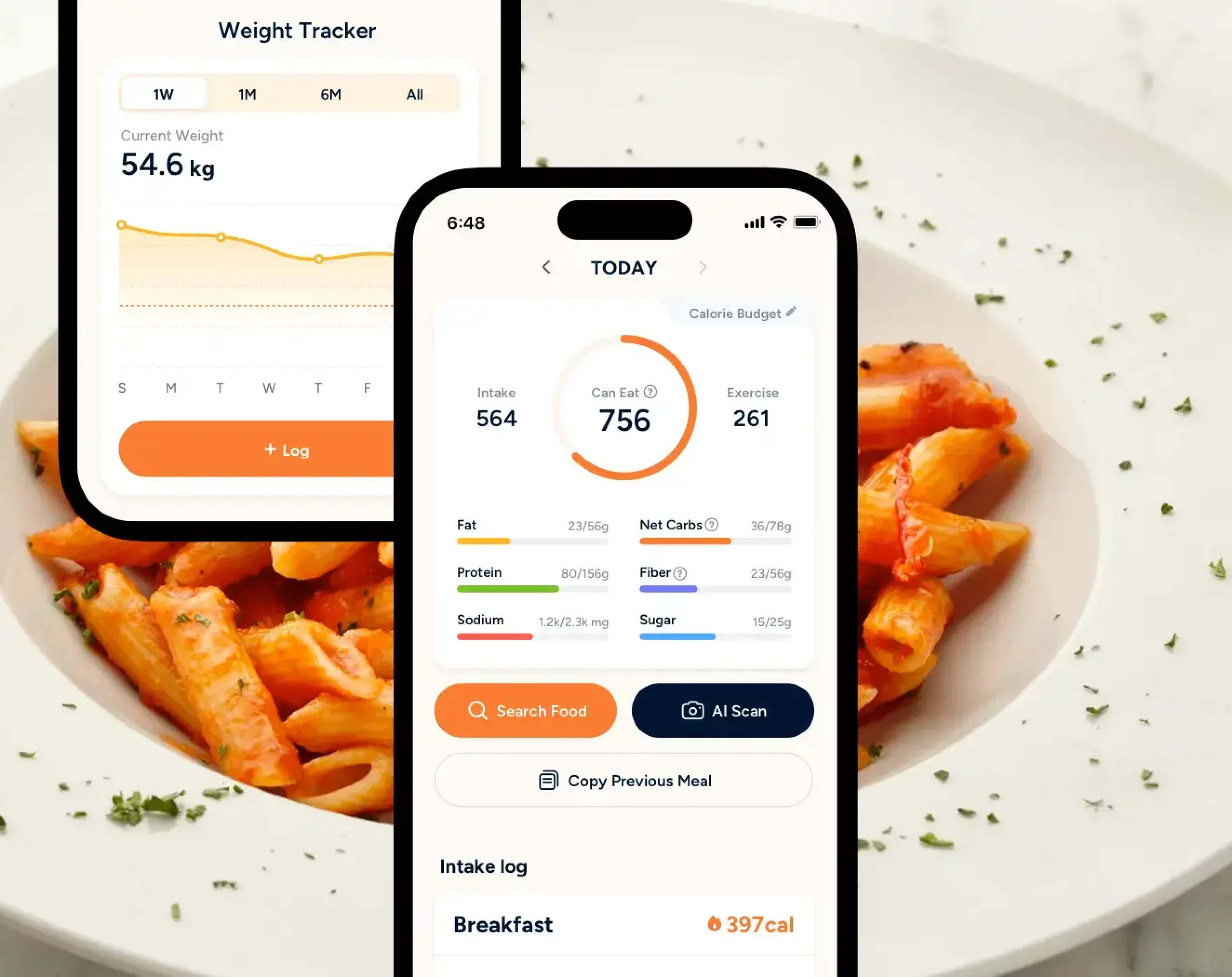Diet trends tend to come and go, each with the promise of helping you lose weight quickly with little effort. One of the most recent diets to gain significant traction is the oatmeal diet, which claims to help you lose up to 4 pounds in a week. But is this the case, or is it just another fleeting trend?
Similarly, we’ll be taking a look at the viral “oatzempic” diet (a portmanteau of “oat” and “Ozempic”) to see whether it is as good for weight loss as netizens claim.
Key Takeaways
- The oatmeal diet is highly restrictive and phased.
- Packed with fiber, protein, vitamins, and minerals, oats provide health benefits such as lowering cholesterol, regulating blood sugar, reducing blood pressure, supporting gut health, and promoting satiety.
- The diet can help people lose weight initially due to its high fiber content and low-calorie nature but doing such an extreme diet in the long-term may not be beneficial.
- Gradual weight loss through whole foods, balanced meals, regular physical activity, proper hydration, and sufficient sleep is a healthier approach.
What Is the Oatmeal Diet?
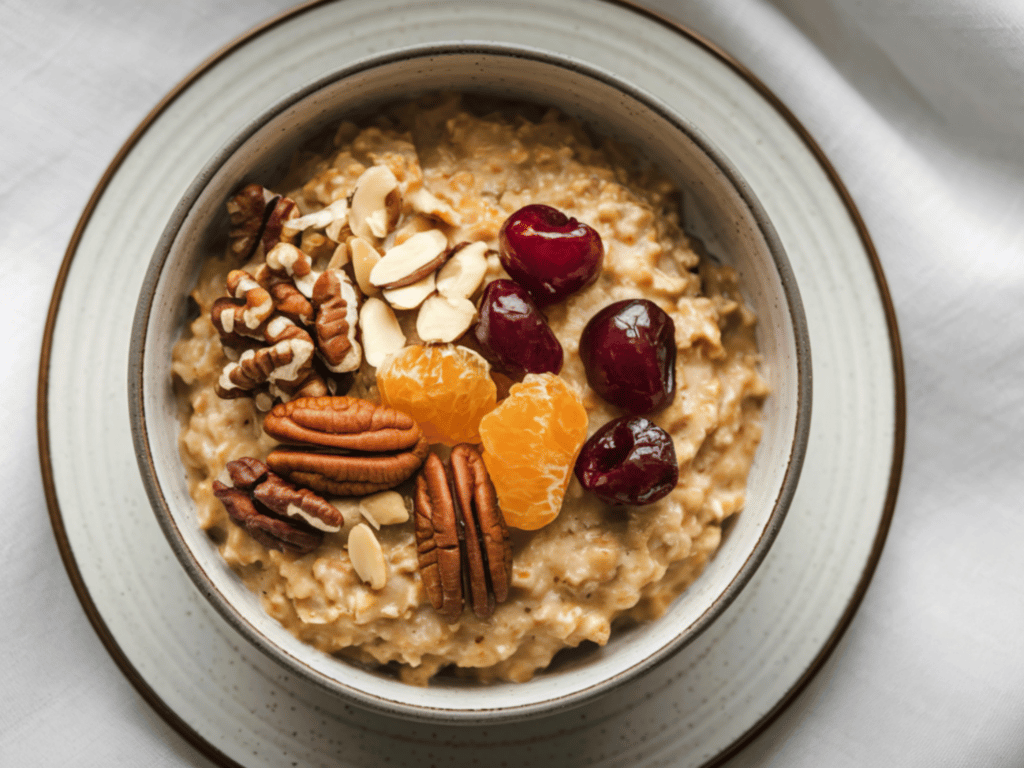
The oatmeal diet is a diet plan that involves eating only oatmeal as the primary food source for your meals throughout the day. It is an incredibly restrictive and unsustainable diet to follow in the long term.
The diet comes in 3 phases:
- Phase 1: You will eat mostly oatmeal for all three meals of the day. This phase lasts for 1 week.
- Phase 2: You will eat 1/2 cup of oatmeal for each meal, but you are allowed to start incorporating fruits and vegetables into your meals or eat them as a snack.
- Phase 3: You will transition back into a healthy, balanced diet that includes oatmeal as part of your overall eating pattern.
It is vastly different from the original oatmeal diet that was created in 1903 by Carl von Noorden as a treatment method for diabetes [1].
Is Oatmeal Good for You? Calories and Nutritional Profile
In general, oatmeal offers numerous health benefits as it is full of essential nutrients and fiber. They are one of the most nutritious foods to include in your diet.
Here’s a table that sums up the nutritional profile of oatmeal:
| Calories | 307 |
| Water | 8.7 grams |
| Fiber | 8.1 grams |
| Protein | 10.7 grams |
| Carbs | 54.8 grams |
| Sugar | 0.8 grams |
| Fat | 5.3 grams |
| Vitamins and minerals | Manganese, phosphorus, copper, iron, magnesium, zinc, selenium, vitamin B1 |
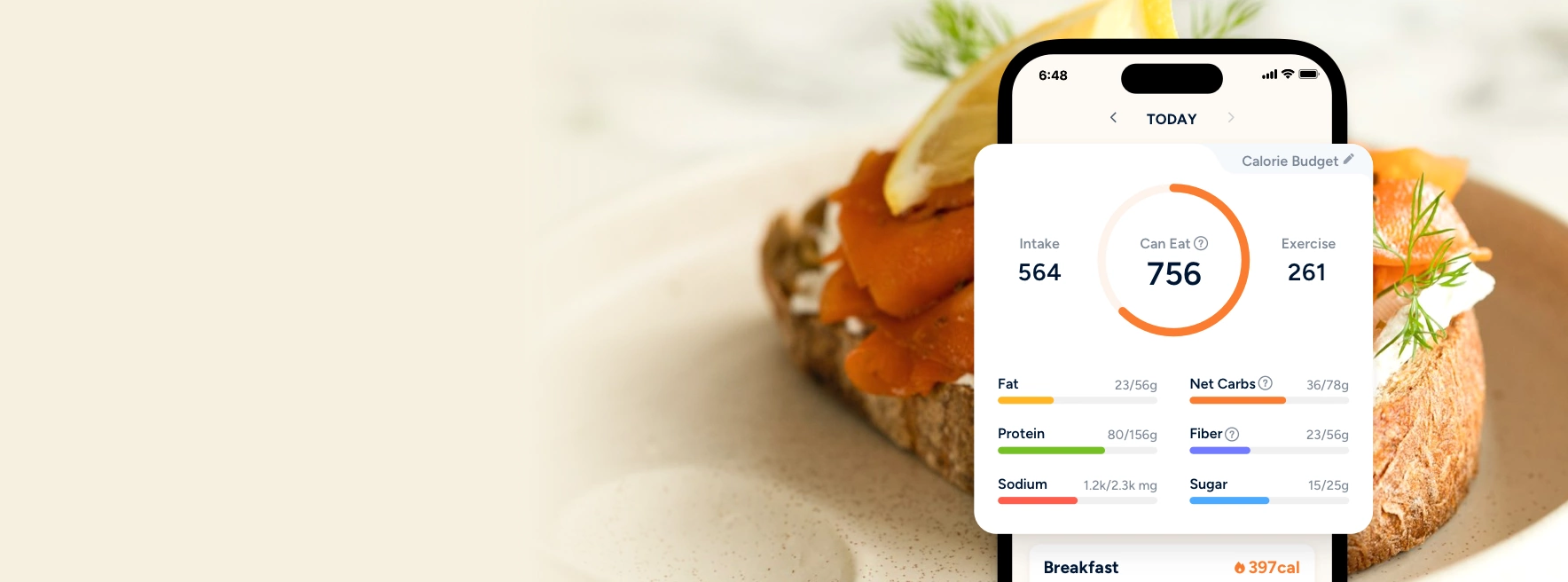
Smarter Nutrition Tracking
Track calories and over 100 other nutrients all in one place.
Download Eato For FreeBenefits of Oatmeal for Overall Health
There is much research and science to back up the health benefits that oatmeal can provide for consumers.
Some key health benefits of eating oatmeal are:
1. Lowers cholesterol levels
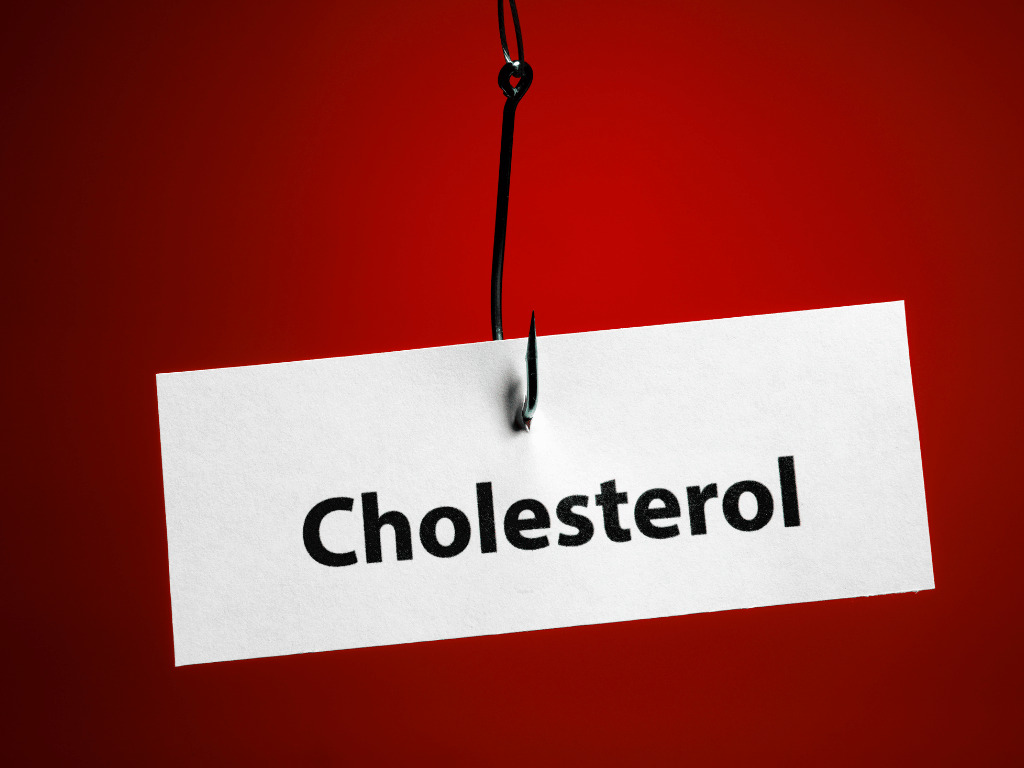
Oatmeal contains a fiber component known as beta-glucan. Beta glucan is shown to not only help you feel fuller, but it also helps you to maintain good cholesterol levels and lower LDL cholesterol.
2. Helps to regulate blood sugar level
The same beta-glucan content in oatmeal can help with improving insulin response, which will, in turn help to regulate blood sugar levels [2].
This is particularly beneficial for individuals with type 2 diabetes with insulin insulin-resistant and are unable to properly control their blood sugar [3].
3. Reduces blood pressure
According to some sources, consuming oatmeal may also help to lower blood pressure due to the soluble fiber in it.
4. Supports good gut health
The importance of a healthy gut microbiome cannot be understated. Having a healthy gut microbiome can mean a world of difference for a good immune system, mood improvements, and your digestive system. One of the things that a healthy gut microbiome feeds on is prebiotics, which happen to be something that oatmeal is high in.
5. Promotes satiety
If you’ve ever made overnight oats, you know just how much water oats can absorb and how one single serving of oatmeal can fill you right up. This is because oatmeal is high in fiber, which forms the bulk of your stool, and also extremely satiating. This means that it makes you feel full, which leads to less overeating and less consumption of calories throughout the day.
Does the Oatmeal Diet Help You Lose Weight?
Yes, the oatmeal diet can help you to lose weight, largely due to the beta-glucan fiber content found in oats, but it may not be a sustainable option for long-term weight loss and weight maintenance due to how restrictive the oatmeal diet is in the initial phases.
What is the viral Oatzempic diet, and does it work for weight loss?
The “Oatzempic” diet, a portmanteau of the words “oat” and Type 2 diabetes medication “Ozempic”, has been a viral trend going around social media platform, TikTok, recently, as the newest way to lose weight.
This diet is rather straightforward, as it’s a drink that consists of blending 1/2 cup of rolled oats, 1 cup of water, a dash of cinnamon, and a squeeze of lime juice [4]. It has also been alleged by users and drinkers of this miracle juice that following the diet can allow you to lose 40 pounds in 2 months. It sounds too good to be true, and it probably is. Despite its appeal, the Oatzempic drink is an extreme diet that is highly unrealistic in the long term.
In fact, losing weight should be gradual and sustainable rather than rapid, as the diet’s weight loss benefit of 40 pounds in 2 months claims. In comparison, what is considered to be a sustainable weight loss pace is between 1 and 2 pounds a week [5].
Who Should Consider the Oatmeal Diet?
The oatmeal diet may be suitable for individuals who:
- Prefer simple, structured eating plans
- Are you looking for a short-term weight loss jumpstart
- Want to improve their fiber intake
It is not recommended for people with certain medical conditions, food allergies, or eating disorders. Before starting any diet, you are strongly advised to speak to a healthcare professional to assess if the diet is suitable for you.
Following an Oatmeal Diet Plan
If you’ve set your heart on trying out the Oatmeal Diet after getting the go-ahead from your doctor, you have to ensure that you fully understand how the diet works and how it can be followed safely. The typical plan for the Oatmeal Diet is focused on incorporating more oats as a staple in your daily meals.
Phase 1: The first week
In the first week of the oatmeal diet, aim to consume or at least incorporate oatmeal for your breakfast, lunch, and dinner. Your choice of oats should be either rolled oats or steel-cut oats and not instant oatmeal, for better nutritional value and to slow down your digestion.
- Breakfast, Lunch, and Dinner: 1/2 to 1 cup of cooked oatmeal (plain oatmeal)
- Optional Add-ins: A small amount of fruit, low-fat milk, or cinnamon for flavor
- Snacks: Fresh fruits, veggies, or a small handful of nuts
Phase 2: Reintroduction phase (week 2 and beyond)
Once the initial phase is over, you can start experimenting with more healthy foods in your diet to have with your daily oatmeal dish.
- Breakfast: Indian masala oats are cooked with turmeric, cumin, peas, and carrots.
- Lunch: Japanese miso oat porridge is prepared in dashi broth with tofu, seaweed, and a soft-boiled egg.
- Dinner:
- Middle Eastern spiced oat pilaf combines olive oil, chickpeas, caramelized onions, cinnamon, and cumin.
- Snacks: Korean oat juk (죽) is a smooth and lightly salted porridge served warm, while Filipino champorado-style cocoa oats are topped with sliced bananas.

Weight Loss Has Never Been Easier
Get accurate nutrition info instantly. Keep track of your progress.
Download Eato For FreeWhat to Know Before Starting the Oatmeal Diet
If you are set on going on this diet, then it’s important to ensure that you speak to a healthcare provider about it, especially if you have any pre-existing medical conditions. Try to also include a variety of toppings on your oatmeal for proper nutrition. At any point you start to feel weak or dizzy, discontinue the diet and seek medical attention immediately.
Before deciding to start on an oatmeal diet, here are some things that you should know and take into consideration:
- It can feel restrictive: The diet can feel largely restrictive and unbalanced, especially during the first phase, where you are consuming mostly oatmeal.
- Nutritional gaps: You may not be getting the essential nutrients like healthy fats or proteins to sustain yourself throughout the day if you are only consuming oatmeal.
- Can lead to food fatigue: Eating oatmeal every day for your meals can cause food fatigue, which will also decrease your motivation to continue the diet.
5 Ways to Lose Weight Sustainably
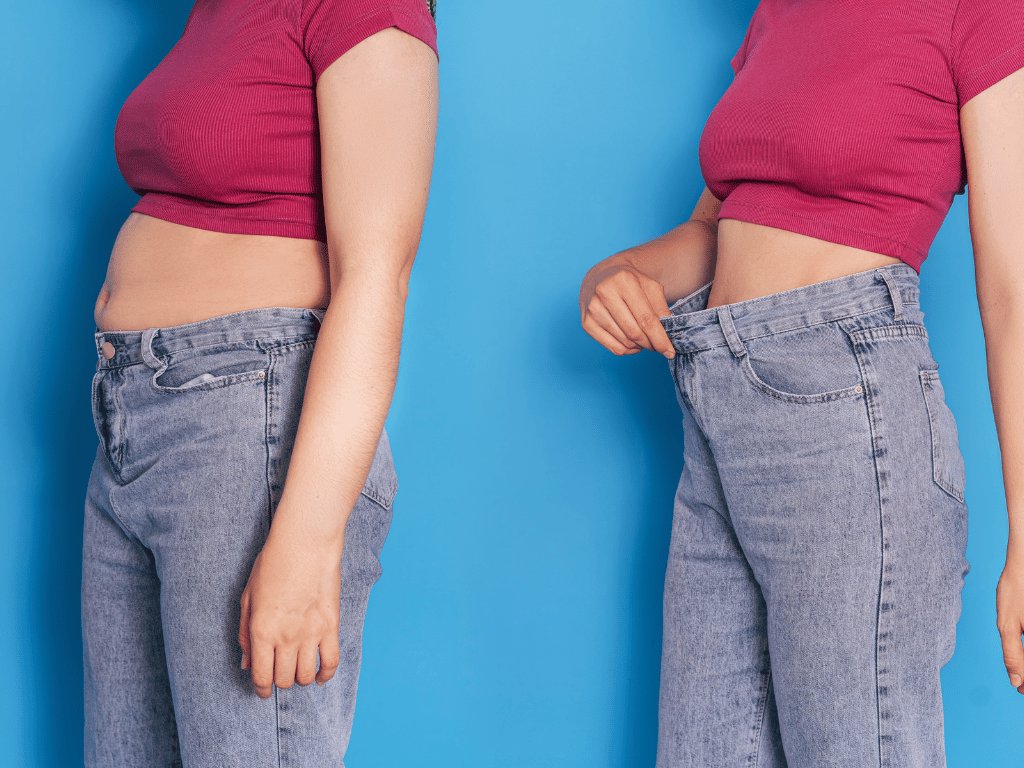
The pull and allure of a trendy diet can be quite hard to overcome, considering the promises of fast results, easy steps, and little to no effort from the participant. However, realistically, the healthiest path to weight loss is everything but fast, easy, or low effort. But don’t be too demoralised by this reality, as there are still some lifestyle changes you can incorporate that are comparably more effortless to add into your daily life.
1. Focus on eating whole foods
One of the easiest (and effortless) ways to improve your health is simply by swapping out your grocery options for healthier alternatives within your budget. For example, instead of buying pre-seasoned frozen fried rice, opt for cauliflower rice, or swap out pre-packaged food entirely for fresh cauliflower or other nutrient-dense whole foods.
2. Build healthy habits
It can be easy to want to do a huge purge of your pantry and replace every snack, candy bar, and beverage with whole foods, no snacks, and plain water. However, realistically, that can be expensive to carry out, as well as that it puts undeniable pressure on you to restrict yourself to certain foods or certain calories. It can also be easy to want to binge-eat when you come across “unhealthy” snacks again, so it is better to practice moderation and indulge every now in small portions.
3. Hydrate well and get enough sleep
Another effortless way that helps you become healthier is simply by drinking enough water based on your daily routine (active vs sedentary lifestyle). On average, you should be drinking 1-2L throughout the day, and 7-9 hours of sleep at night, which may sound easier said than done.
4. Engage in regular physical activity
Physical activity does not only mean setting aside 2-3 hours of your day at the gym, strength training, or having a dedicated workout routine, although if you are already consistently working out, it should be continued. Physical activity can range from low-impact sports like walking 10,000 steps a day, playing padel, or simply parking your car further away so you get extra steps. However, if you are looking for a more quantitative gauge of how much is “enough”, you should be aiming for 150 minutes of moderate activity per week.
5. Keep track of your nutrition intake
Just like the saying,” abs are made in the kitchen,” goes, keeping track of what you eat is extremely important when it comes to weight loss. It is much less efficient for you to be working out intensively, but not nourishing your body with the nutrients, water intake that it needs. Try keeping yourself accountable by logging your food and water intake without feeling overwhelmed with apps like Eato.
The Final Takeaway: Going on the Oatmeal Diet
The Oatmeal Diet, like other fad diets, can be too restrictive for the layperson, and the best way to support your overall health is still to focus on eating a healthy diet and exercising regularly.
Apps like Eato help you to ensure that you are meeting your daily calorie and nutrition requirements with a comprehensive food database and food scanner to log your meals in seconds. Try the app for free, and get ready to achieve lasting weight loss results!

Weight Loss Has Never Been Easier
Get accurate nutrition info instantly. Keep track of your progress.
Download Eato For Free
